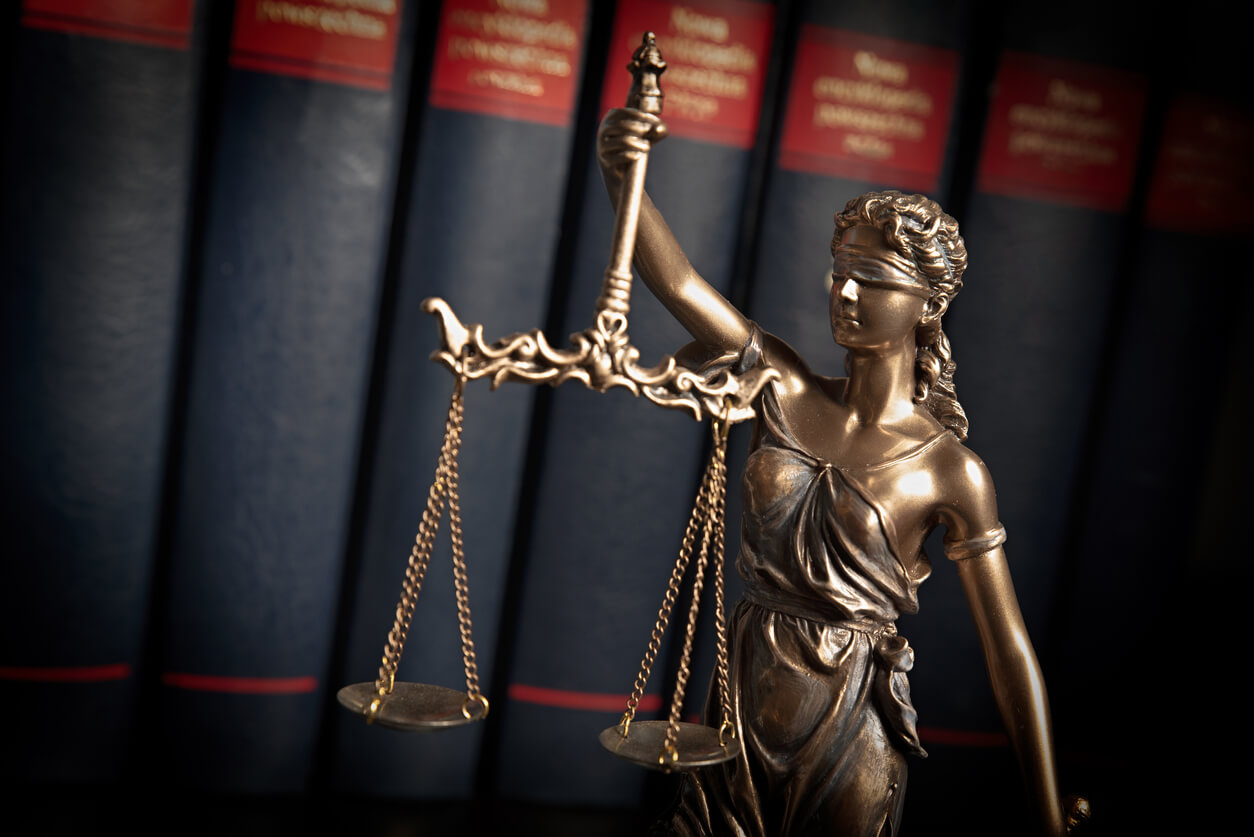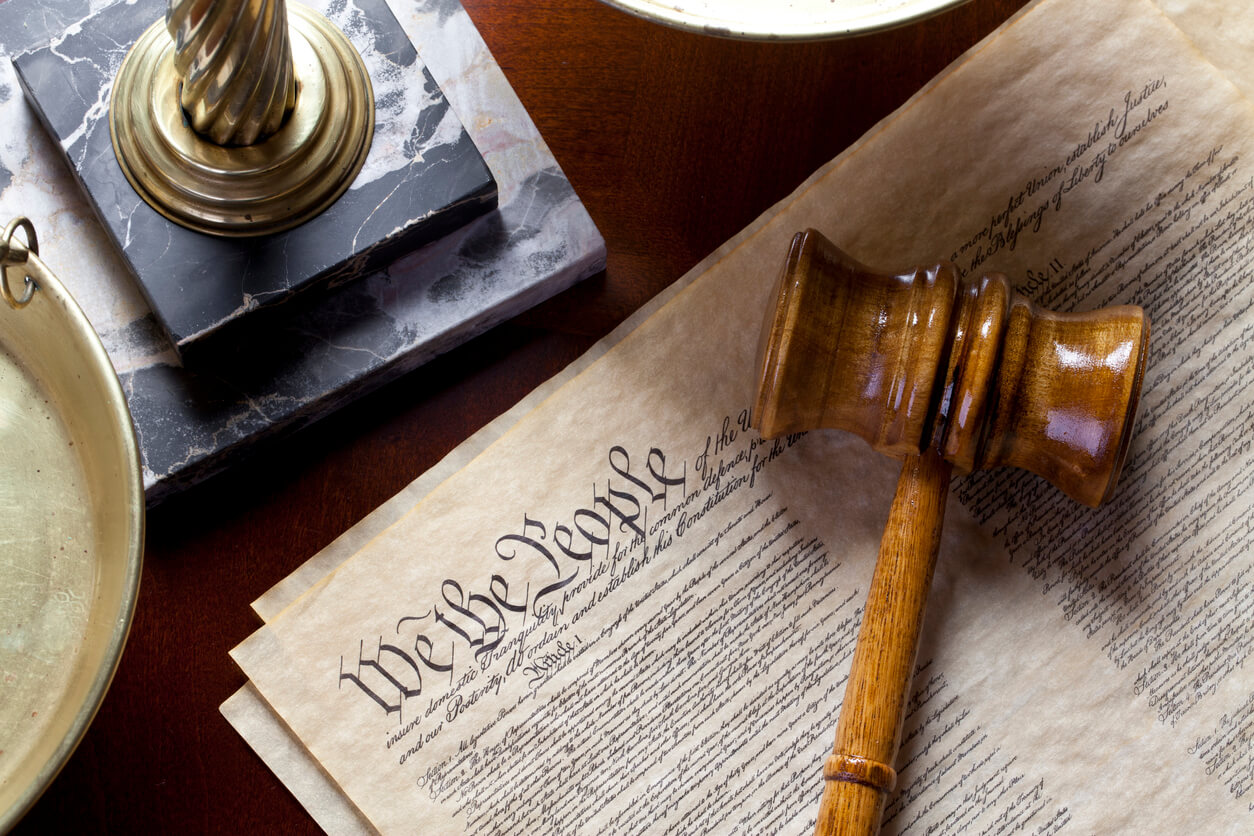It’s no secret that New York has some of the toughest gun laws in the country. This state takes firearm offenses seriously and has found new ways in recent years to crack down on guns. One of these more recent developments in the state’s firearm legislative efforts relates to ghost guns.
Ghost guns are either homemade or privately made and do not have a serial number. Without a serial number, a gun is not traceable nor can it be registered with any law enforcement agency. State legislators asserting that these weapons pose an increased risk to public safety have focused their efforts on cracking down on ghost guns. Those found in violation of these ghost gun laws can face serious penalties and long-lasting consequences.
What Are New York’s Ghost Guns Laws?
Ghost guns are often built with kits sold through private sales or at gun shows. The kits include the parts and equipment needed to make a homemade gun. Individual parts are readily available online and, with the use of metal casting equipment or 3-D printing technology, a ghost gun can be entirely made at home. Not only do ghost guns lack a traceable serial number, but those who purchase the necessary parts and equipment to make a ghost gun do not need to go through any kind of background check.
The State of New York requires the registration of all handguns (long guns need not be registered). To try and close the ghost gun loophole, New York’s governor signed both the Jose Webster Untraceable Firearms Act and the Scott J. Beigel Unfinished Receiver Act into law back in 2021. The laws made it illegal to possess or sell ghost guns and any gun parts without a serial number, including frames and receivers. Furthermore, it is now prohibited for a person to have a gun kit or part shipped to an address in the State of New York.
New York law also prohibits guns that cannot be detected by security screenings like metal detectors. Furthermore, those who are prohibited by law from owning firearms cannot possess or manufacture firearm or gun parts. This means that, regardless of serial number and registration requirements, those who are legally prohibited from owning a firearm cannot possess or manufacture firearm parts such as a barrel, slide, cylinder, frame, or receiver.
Penalties for ghost violations are steep. If you are found to possess a ghost gun without a license, whether it be at your home or your place of business, you could potentially face a Class E felony charge. Conviction of a Class E felony can mean up to 4 years in prison, fines, loss of civil liberties, and difficulty securing a job and housing.
Central New York Criminal Defense Attorneys
Have you been charged with a ghost gun violation? Get dedicated criminal defense representation by your side. The team at CDH Law will fight for you. Contact us today.











